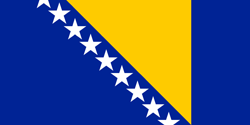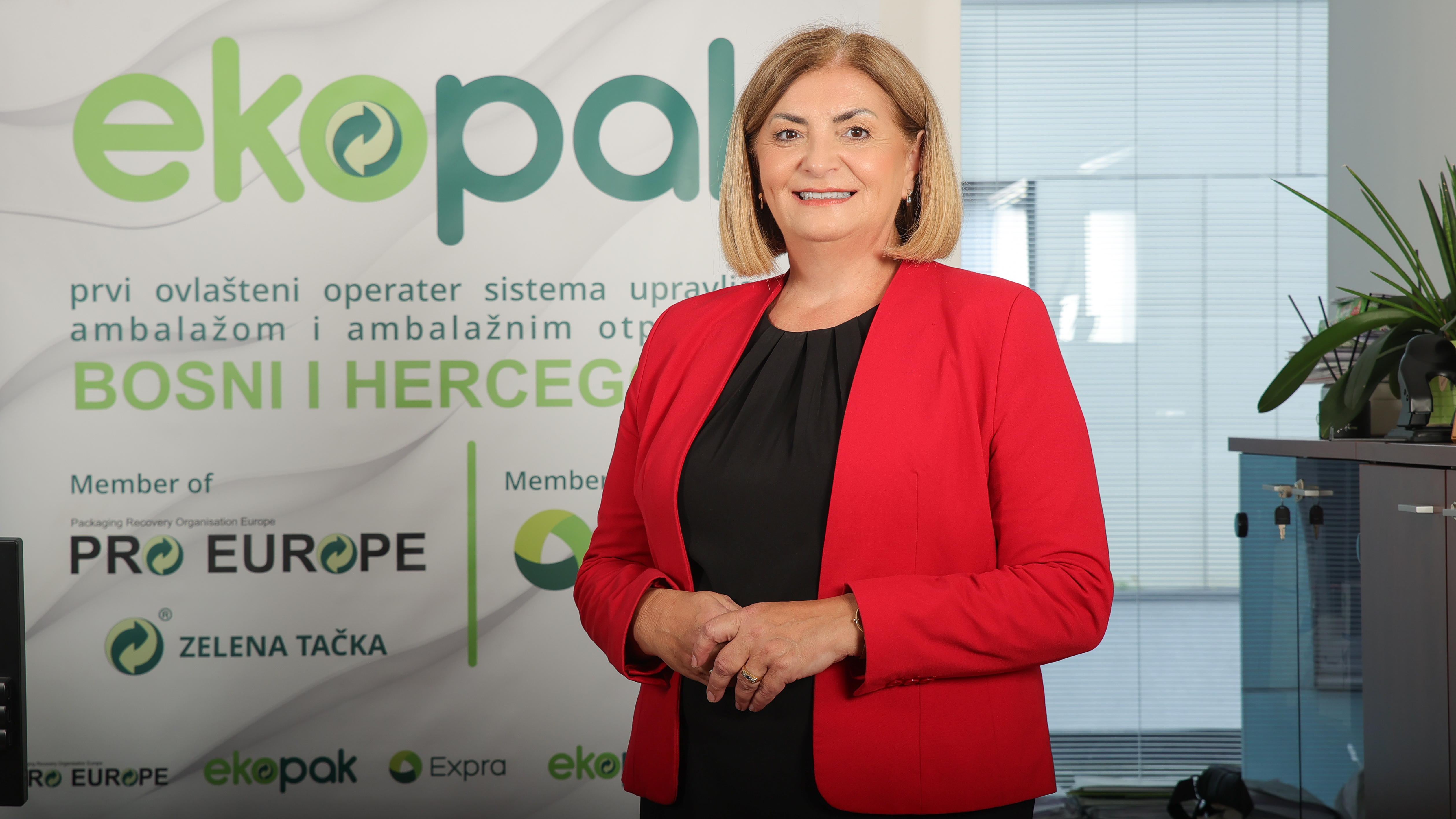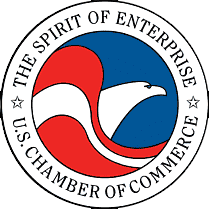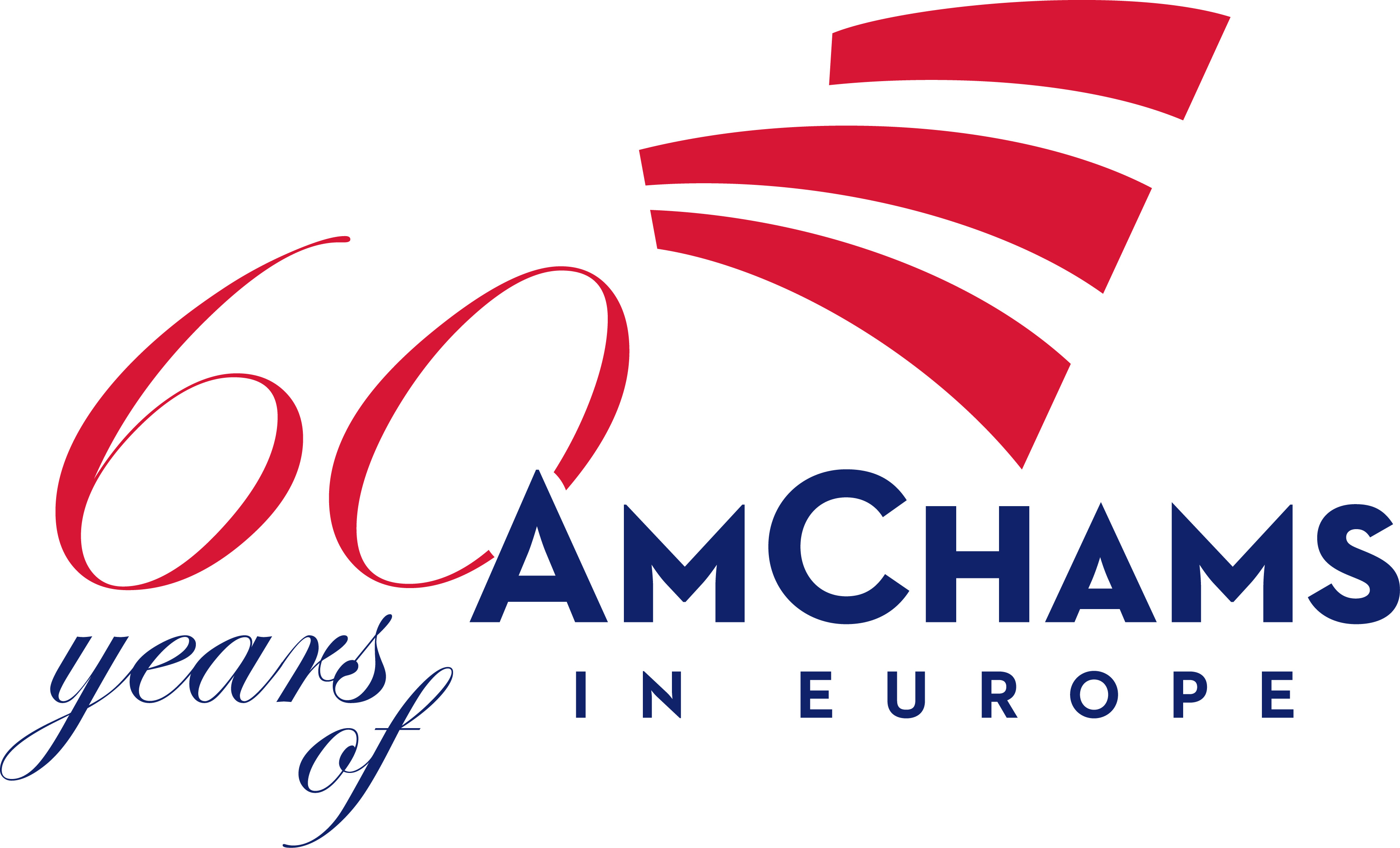What key initiatives is Ekopak implementing to improve recycling in Bosnia and Herzegovina?
Our goal is to develop an efficient and sustainable packaging waste management system, at the lowest sustainable costs, the highest environmental benefits and for the benefit of the entire community. We are continuously introducing new packaging waste collectors from the private and public sectors, increasing the amount of packaging waste we recycle, developing infrastructure and implementing educational projects aimed at raising awareness among citizens about the importance of packaging waste recycling. In the past 13 years of operational work, we have recycled more than 150,000 tons of packaging waste. This is equivalent to a convoy of over 8,000 trucks. To ensure an efficient recycling system, we focus on developing the infrastructure for packaging waste collection through the procurement of containers and the installation of eco-islands for selective disposal of packaging waste in local communities, the establishment of recycling yards, collection and transport vehicles, and other equipment for preparing packaging waste for recycling.
We support public utility companies to be more efficient in their work, citizens to properly dispose of packaging waste, all with the aim of separating packaging waste from municipal waste and reducing the amounts that would otherwise be disposed of in local landfills. Just a few days ago, we delivered 100 containers to KJKP Rad Sarajevo, from which an additional 50 eco-islands will be formed in the Sarajevo Canton, and we enabled utility companies from Ključ, Bihać and Mostar to purchase presses for preparing paper and plastic for recycling. Although we were established as a limited liability company (d.o.o.), we operate on the principle of "not-for-profit". This means that the founders of Ekopak, namely Argeta, Banjalučka pivara, Bihaćka pivovara, Bimal, Coca-Cola, Orbico and Violeta, are not paid any profit. The profit we make at the end of each business year is invested in the development of the system. So far, we have invested in 20 local communities in the Federation of Bosnia and Herzegovina. We are particularly proud of the fact that we have cooperation with fifteen public utility companies, which before Ekopak either did not collect anything, or collected small amounts of some types of packaging waste. By joining the Ekopak system, they created the foundations, and then we worked together on the development of the system. The result is that all utility companies are showing progress and that each year they are handing over increasing amounts of packaging waste for recycling.
Cooperation with the private sector, whose costs we participate in, is also significant, in order to ensure that all packaging materials end up in the recycling process
A particularly important segment of our business is the education of citizens, especially children and young people. So far, more than 100,000 citizens, mostly children, have gone through our projects, Ekopak here is just adopting good European practices that say that children educate their parents on how to properly handle waste. Once you teach a child that plastic goes in the yellow bin and paper in the blue – that stays with them for life. This also means that the long-term process we have started is something we are currently raising: we are raising generations who, when they grow up and start running their own households, will have waste sorting as a culture of life, something that is taken for granted. It should be emphasized that Ekopak is also active at the international level. Namely, Ekopak is a member of Pro Europea and EXPRA, reputable European organizations headquartered in Brussels. We are also the representative of Bosnia and Herzegovina in these organizations when it comes to packaging waste. Memberships allow us to apply the best practices from the European Union in our projects. We are also a source of information when it comes to the development of legislation in EU countries, which allows us to know what awaits us in the period that is yet to come, because our country has committed to adopting the EU acquis. In addition, thanks to its membership in Pro Europe,
Ekopak is the exclusive provider of the right to use the internationally protected Green Dot logo for the market of our country. The Green Dot is the most widely used internationally protected symbol in the world, protected in more than 170 countries, more than 170,000 companies mark their packaging with the Green Dot, and billions of packaging units are marked with this prestigious symbol annually.
What do you consider the biggest challenge in packaging waste management and what strategies do you use to overcome it?
The challenge is a very limited infrastructure for collecting packaging waste and very limited capacities for its processing, i.e. recycling and utilization in other environmentally acceptable ways, and we have undertaken to meet the recycling targets on behalf of more than 900 business entities every year, i.e. to collect and ensure the recycling of significant quantities of packaging waste, which were proposed by the Federal Ministry of Environment and Tourism. For some packaging materials, such as PET bottles, plastic foil, paper and cardboard, and metal, we have recycling factories. However, for some factories there are none, so we are forced to export. Thus, the nearest glass packaging recycling factory is Vetropack Straža, located in Hum na Sutli, on the border between Croatia and Slovenia, which significantly affects costs. Every year we submit annual reports to this ministry in which we prove the fulfillment of the prescribed targets. If we fail to meet them, we would face the revocation of our license and the cessation of operations, so every year is a challenge in itself: to collect all types of packaging waste in the prescribed quantities, the collection must be organized in all 10 cantons in the Federation, transport it for recycling, and all within a limited budget.
One of the significant challenges is the lack of reliable data on the quantities and types of packaging placed on the BiH market. Currently, there are no precise statistics, so the amount of packaging waste is still being estimated, which poses a challenge in our business plans, because any serious plan must be based on exact data. However, considering the fact that we have been operating successfully for many years, it means that our estimates are quite well done.
In order to overcome these challenges, it is necessary to improve the legal framework and strengthen the supervision of the competent authorities. Namely, although it is a legal obligation for manufacturers, importers and traders to join the system through us, to submit reports on the amount of packaging they place on the market, unfortunately, a significant number of these entities still evade their obligation, their packaging remains outside the system, does not enter our packaging waste recycling targets, which significantly slows down the development of the system.
In your opinion, what are the most effective ways in which individuals can contribute to increasing the recycling rate in BiH?
Citizens play a key role in the development of the recycling system and can significantly contribute to environmental protection through simple habits. The most important thing is to properly sort packaging waste - paper, plastic and glass should be disposed of in the containers provided for this purpose. We must also take care of reducing waste, for example, when going shopping, instead of disposable bags whose lifespan is the same as the journey from the store to the household, we use bags that can be used for a longer period of time. It is also important that consumers, when purchasing products, choose those products that have the Green Dot sign. This sign is a financial symbol that means that the manufacturer who uses it on the packaging of their products that they place on our market is included in the system and that it financially supports the development of the packaging waste recycling system in our country.
Ekopak remains committed to the further development of the recycling system in BiH, through investments in infrastructure, strengthening citizen awareness and cooperation with institutions. Our goal is to ensure that packaging waste does not end up in landfills, but in the recycling process. In this way, on the one hand, we save landfill space, forgetting that they are also part of our environment, and on the other hand, by recycling packaging waste, we preserve natural resources, which leads to the development of a circular economy. Only through joint action by companies, competent institutions, local communities and citizens can we ensure an efficient packaging waste recycling system and preserve the environment for future generations.












